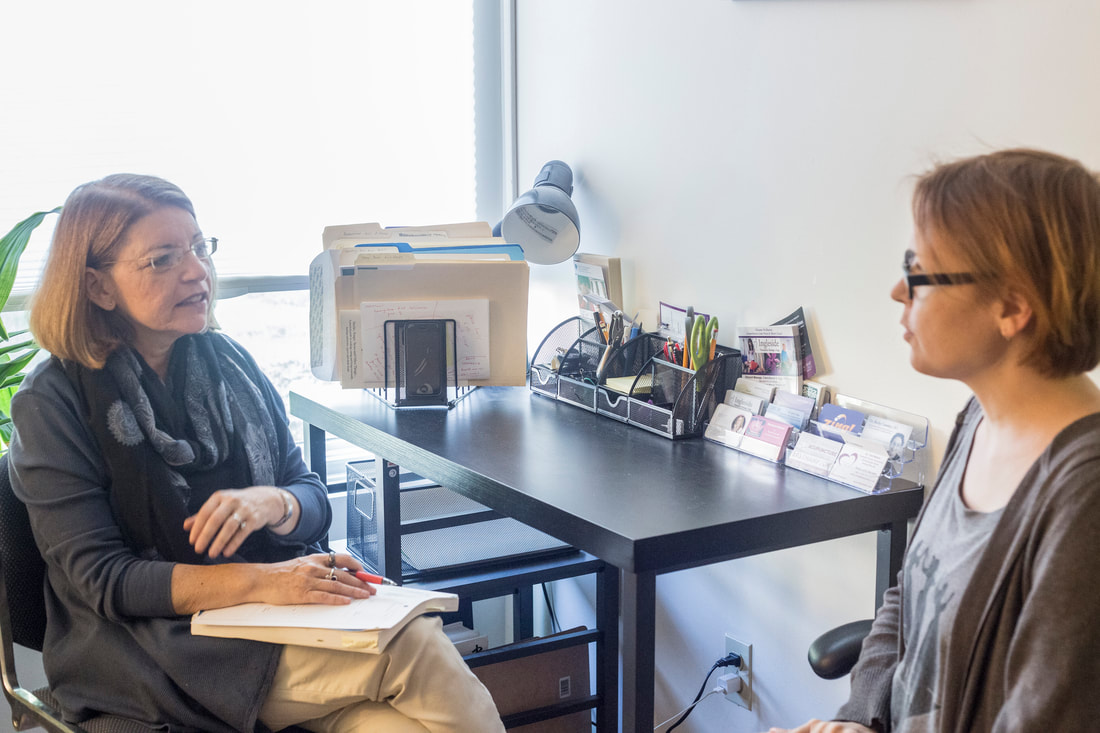 Do you have an upcoming doctor’s appointment that you’re a little anxious about? Or have you put off scheduling one? Read on to learn why Western Medicine is important and how to make the most out of medical visits. Western Medicine excels at two important aspects of health, screening for serious illness and offering lifesaving treatment. I had firsthand experience with this when I was diagnosed with and then treated for chronic kidney disease, eventually getting a kidney transplant. This care kept me off of dialysis and extended my life by many years. It also meant that I had many, many medical appointments over the past two years. Here are some of the things that I learned. Get an annual physical. There are health conditions like cancer and heart and kidney disease that can progress undetected for a long time. While being evaluated as a potential donor, they discovered a growth on one of my husband’s kidneys. Because this was detected early, they were able to remove it before it became problematic. Work with doctors and nurses that you like and respect. When I had a lot of uncertainty about whether I would find a kidney donor, it was so helpful to have a doctor who assured me that he would help me get through whatever happened. When I found a donor, my transplant team was fabulous. They listened to me, honored my requests and answered my questions. Arrive early for appointments. Be sure to leave plenty of time to get to appointments. Give yourself extra time in case there’s traffic. Leave time to find parking and the medical office. Doctor’s visits can be stressful and it helps to be able to relax for a few minutes in the waiting room. My blood pressure could be up to 30 points higher than usual when I first arrived for an appointment. When I sat and relaxed, it would drop significantly. Bring a list of medications & supplements that you are taking. Every doctor, nurse and medical assistant that I met with so appreciated having a one-page list of medications and supplements that I was taking, including what time I took them. This made their job much easier. Bring a written list of questions. Most medical appointments are over in a short amount of time. If you write down your questions it’s less likely that you’ll forget questions that you have. Ask questions about things you don’t know or are concerned about I learned that as a patient you always have the right to ask questions about your illness and about medications and procedures that have been recommended. Bring someone with you. My husband went with me to every visit having to do with my transplant. He remembered things that I was a little fuzzy on. We were able to compare notes about our opinions about the different transplant centers that I was evaluated at. Get a second opinion. If you’re dealing with a serious medical condition, it’s helpful to get a second opinion. It takes a little more time, but the payoff is either increased confidence in the original diagnosis or knowing that you may need to do more research to get the care that you need and deserve. Get clear about your preferences. Ultimately, each of us has to make decisions about our care. Surgery and medications come with side effects and risk. It’s helpful to know what these are. It’s also helpful to know which medications are absolutely needed and which are optional. I decided that I didn’t want to be on Prednisone, often prescribed for life after a transplant. I had to specifically ask for this based on my understanding of its risks. I made a good case, and while it was used right after surgery, I was off of it by the time I left the hospital with the blessings of my doctors. Oxycodone, Tramadol, Pepcid and Senna were prescribed after surgery but when I asked, I was told that I didn’t have to take them. My team was fine with me taking extra strength Tylenol and eating healthy. Western medicine offers lifesaving care. And, in the world we live in today, we have to be good advocates for ourselves. It can be a lot and at times overwhelming. I hope that my recommendations will make the process easier for you. As we advocate with our doctors, nurses and other providers, we also have to take care of our minds and bodies on a day-to-day basis. In my practice, along with treatments, I offer practical advice to help my patients with diet, exercise and emotional well-being. I write a lot about this in my blog on health and my Yummy Healthy Food blog. Take a look. If you’re interested in individualized, ongoing care, please do schedule a free online consultation. All best, Bonnie
0 Comments
Leave a Reply. |
AuthorIn practice for over 20 years, Bonnie Diamond offers individualized, heart-centered care using a pain-free, Japanese style of acupuncture. Her work is influenced by her nine year struggle with and complete recovery from Chronic Fatigue Syndrome. Archives
April 2024
Categories
All
|
Serving Easthampton, northampton, Holyoke, Springfield, Chicopee, Westfield and Western Massachusetts
|
Hours are Tuesday-Thursday, 11am-7pm
|
247 Northampton Street, #27 Easthampton, MA 01027 781-718-6325 Get directions Get information on other complementary health resources recommended by Staying in Balance. Pioneer Valley Community Resources |
Copyright 2000-2022 All rights reserved.

